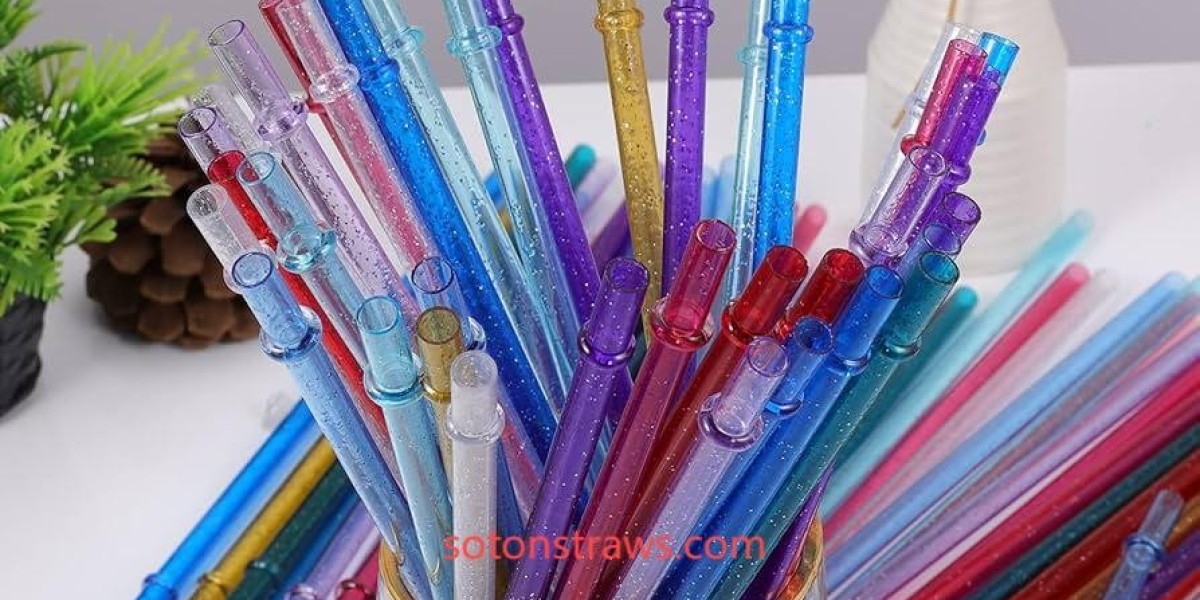Unlock the Secrets to Sourcing High-Quality Silicon Nitride Parts!
Silicon nitride parts are increasingly recognized for their exceptional performance across various industries, including aerospace, automotive, and electronics. Renowned for their remarkable strength, thermal stability, and resistance to wear, these components play a critical role in enhancing the efficiency and longevity of machinery and devices. However, sourcing high-quality silicon nitride parts can be a challenging endeavor. Buyers often face difficulties in finding reliable suppliers and ensuring that the products meet rigorous quality standards. In this article, we will explore effective strategies for sourcing silicon nitride parts, from understanding the material and its manufacturing processes to identifying trustworthy suppliers, assessing quality standards, negotiating orders, and handling post-purchase considerations.
Understanding Silicon Nitride Parts
Silicon nitride (Si3N4) is a covalent ceramic material that boasts a unique combination of properties, making it ideal for a variety of applications. Known for its high strength-to-weight ratio, excellent thermal shock resistance, and low thermal expansion, silicon nitride is utilized in high-performance settings, such as turbine blades, bearings, and cutting tools. The manufacturing processes for silicon nitride parts typically involve powder metallurgy, where silicon and nitrogen are combined and subsequently sintered at high temperatures to form the desired shape. This process not only enhances the mechanical properties of the material but also allows for the creation of complex geometries that are beneficial in many industrial applications. Understanding these properties and manufacturing techniques is crucial for buyers looking to procure high-quality silicon nitride components.
Identifying Reliable Suppliers and Manufacturers
Finding a reliable supplier or manufacturer for silicon nitride parts is essential to ensure that you receive products that meet your specifications and quality standards. When evaluating potential suppliers, consider several criteria: first, look for certifications such as ISO 9001, which indicate a commitment to quality management systems. Experience in the industry is another vital factor; suppliers with a proven track record are generally more reliable. Additionally, assess the technological capabilities of the manufacturers. Those utilizing advanced manufacturing techniques and equipment are likely to produce higher-quality parts. Conduct thorough research by reading reviews, seeking recommendations from industry peers, and attending trade shows or conferences where you can directly interact with manufacturers. This approach can significantly enhance your chances of finding trustworthy suppliers.
Assessing Quality and Performance Standards
Quality assurance is a key component of the sourcing process for silicon nitride parts. It's crucial to ensure that the components you purchase meet the necessary industry standards and certifications. Standards such as ASTM C1161 (for bending strength) and ISO 12677 (for chemical analysis) are indicators of quality in silicon nitride parts. Additionally, inquire about the manufacturer's quality control processes, such as in-process inspections and final testing measures. Implementing a robust quality assurance strategy helps mitigate risks associated with defective parts, which can lead to costly delays and operational inefficiencies. By prioritizing quality standards, you can be more confident in the performance and reliability of the silicon nitride components you source.
Negotiating and Finalizing Orders
Once you have identified potential suppliers and assessed their quality, the next step is to negotiate and finalize your orders. Effective negotiation is key to establishing a mutually beneficial agreement. Start by discussing terms such as price, lead times, and payment options. Be clear about your requirements and expectations to avoid misunderstandings later on. It's also wise to establish a timeline for delivery that aligns with your project schedules. Open communication throughout the process cannot be overstated; it fosters a trustworthy relationship with the supplier and ensures that both parties are aligned. Remember that negotiation is not just about price; it's about creating a partnership that values quality and reliability.
Post-Purchase Considerations
Once you receive your silicon nitride parts, thorough inspection and testing are critical to ensure they meet your specifications. This might include dimensional checks, visual inspections, and functional testing depending on the application. If discrepancies or quality issues arise, address them promptly with the supplier to seek resolutions. Keeping detailed records of all communications and agreements can aid in resolving disputes effectively. Building a strong relationship with your supplier can also lead to better service and support in the long run, making it easier to handle any post-purchase concerns.
Effective Strategies for Sourcing
Sourcing high-quality silicon nitride parts requires thorough research and a strategic approach. By understanding the material properties, identifying reliable suppliers, assessing quality standards, negotiating effectively, and considering post-purchase factors, buyers can enhance their sourcing efforts significantly. Remember, the process of procuring silicon nitride components is not just about making a purchase; it's about building relationships and ensuring quality that will ultimately benefit your projects. Armed with the strategies outlined in this article, you can navigate the complexities of sourcing with greater confidence and success.







